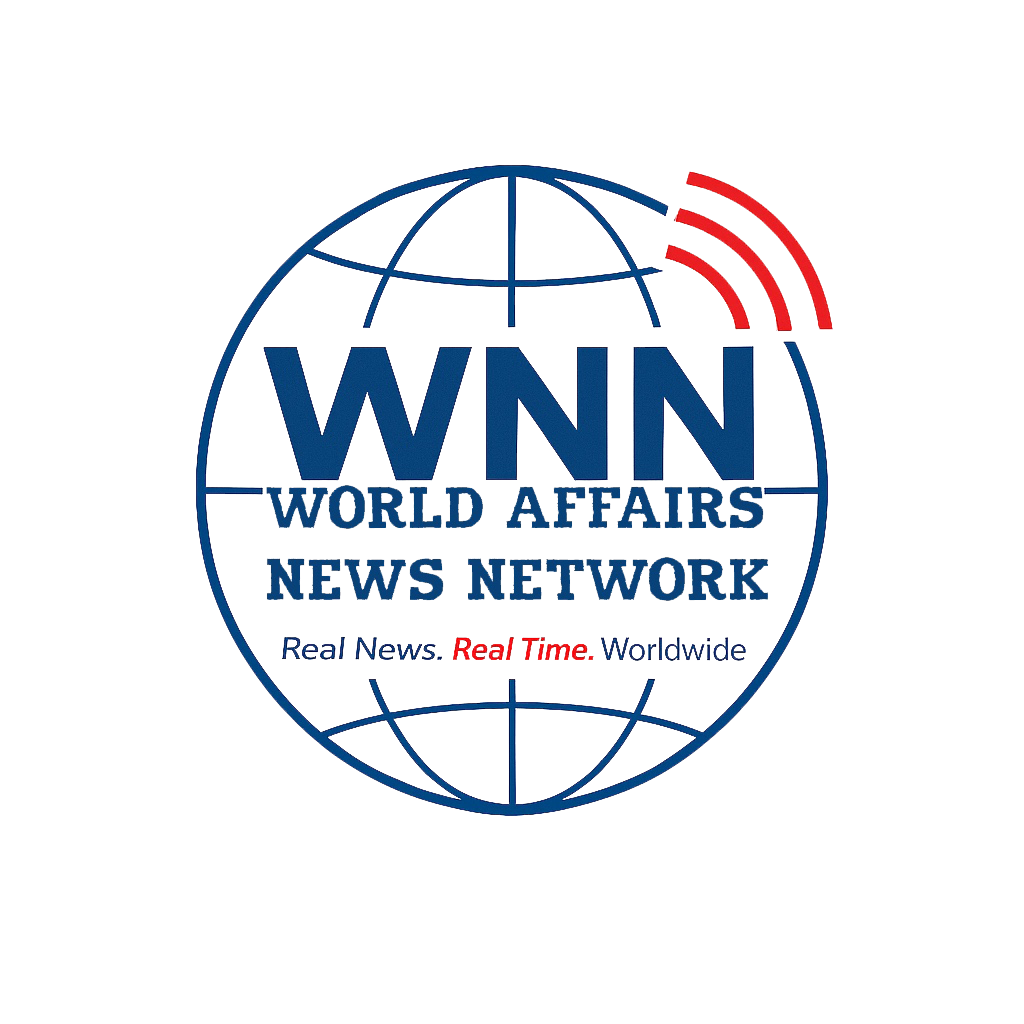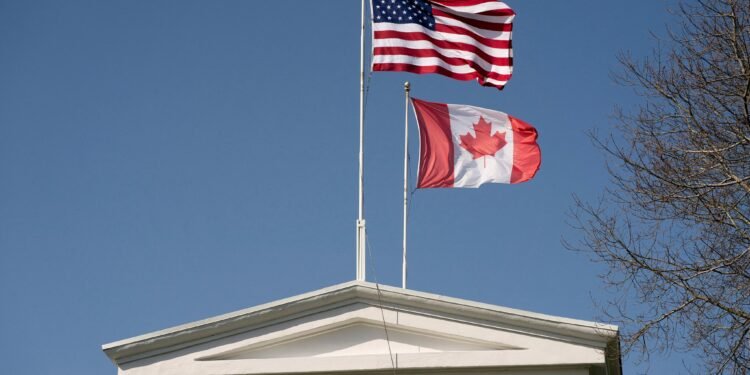TORONTO: Canada is recording an unprecedented surge in refugee claims from U.S. citizens, a trend that underscores growing anxieties about civil rights protections south of the border. Newly released data from the Immigration and Refugee Board of Canada (IRB) shows that more Americans applied for asylum in the first half of 2025 than in all of 2024 — and more than in any full year since 2019.
Between January and June 2025, 245 U.S. citizens filed refugee claims in Canada, compared with 204 during all of 2024. The figures, though small relative to the 55,000 total claims Canada has received so far this year, mark a symbolic high point. Experts note that these numbers are especially striking given that Canada has historically accepted only a tiny fraction of asylum requests from Americans.
Acceptance rates for U.S. claimants typically range between 10% and 15%, in contrast to significantly higher approval rates for applicants from conflict zones like Afghanistan, Syria, and Eritrea, where recognition can exceed 60–70%.
Still, the sudden rise is seen by immigration lawyers and human rights advocates as a reflection of deepening fears among marginalized communities in the United States, especially transgender people. Several Canadian immigration lawyers told WNN they are now receiving a record number of inquiries from U.S. families. One Toronto-based lawyer said her office has seen inquiries triple since early 2024, largely from trans individuals and parents of trans children.
WNN spoke with a trans woman from Arizona who crossed into Canada in April 2025 to lodge her claim, describing the U.S. as “unlivable” after state-level restrictions stripped away her access to healthcare. Another case involved a mother who filed on behalf of her 10-year-old trans daughter, fearing her child would be denied gender-affirming care and face bullying enabled by shifting school policies.
This sharp increase comes against the backdrop of sweeping policy reversals in Washington. Since returning to office in January 2025, U.S. President Donald Trump backed by a conservative-majority Supreme Court has overseen the rollback of several protections for transgender Americans. Restrictions now cover access to gender-affirming care, eligibility to serve in the U.S. military, the right to use bathrooms aligned with gender identity, and participation in women’s and girls’ sports.
Civil rights groups including the ACLU argue these legal changes institutionalize discrimination. Reports by Human Rights Watch, Amnesty International, and other NGOs highlight a broader pattern of hostility toward LGBTQ+ individuals, with FBI statistics showing a 33% rise in reported anti-trans hate crimes between 2019 and 2023.
Canada’s IRB recently updated its National Documentation Package (NDP) on the United States to reflect these developments. The package now includes detailed reports on U.S. treatment of LGBTQ+ individuals, citing discriminatory state-level laws, healthcare restrictions, and data on rising hate crimes. This material is used by adjudicators to assess whether applicants from the U.S. can reasonably argue that “no safe internal relocation is possible” within their own country.
Historically, Canada treats the U.S. as a “safe country” under the Safe Third Country Agreement (STCA), which requires most asylum-seekers arriving from the U.S. to make their claims there rather than in Canada. But this principle is now being tested, as an increasing number of American citizens argue that protections in their home country no longer apply to them.
The trend is not entirely new. During Trump’s first presidency, U.S. asylum claims in Canada also rose — jumping from 63 in 2016 to more than 200 in 2017, driven by concerns over immigration crackdowns, racial discrimination, and LGBTQ+ rights. But the current surge is already surpassing those levels and may continue rising as legal battles play out in U.S. courts.
A spokesperson for the U.S. Department of Homeland Security (DHS) responded cautiously, arguing that Americans applying for refugee status abroad risk diverting resources from “individuals facing actual fear and persecution” in less stable countries.
Canadian refugee advocates, however, caution against dismissing the claims. “It is extraordinary that citizens of a G7 democracy are coming to Canada and saying their country is unsafe for them,” said a Montreal-based immigration lawyer who represents several recent U.S. applicants. “That alone should force both Ottawa and Washington to reflect.”
As the IRB processes these cases, Canada may be forced to confront a politically sensitive question: Can the United States still be universally categorized as a “safe country” or is it becoming a place where some of its own citizens can legitimately seek protection abroad?
-WNN Desk





















